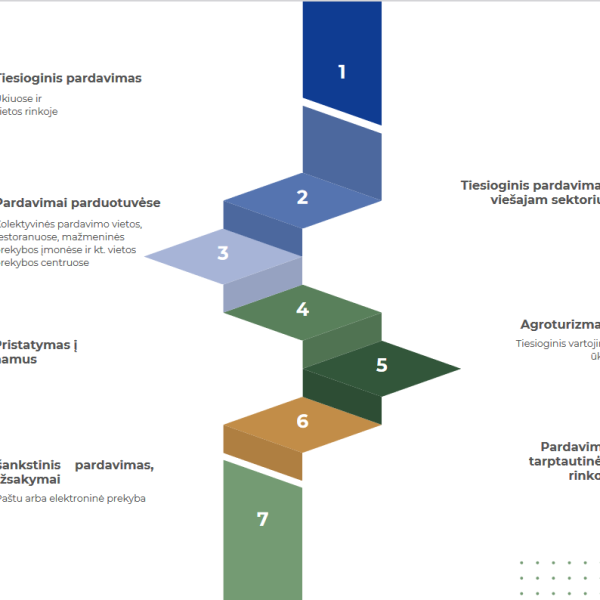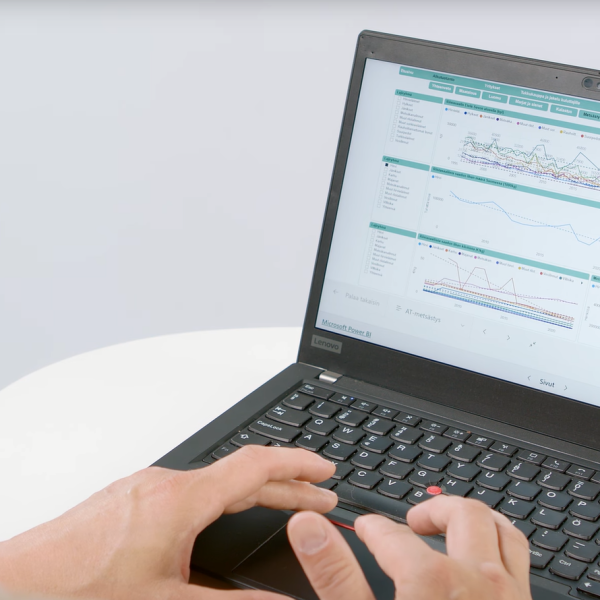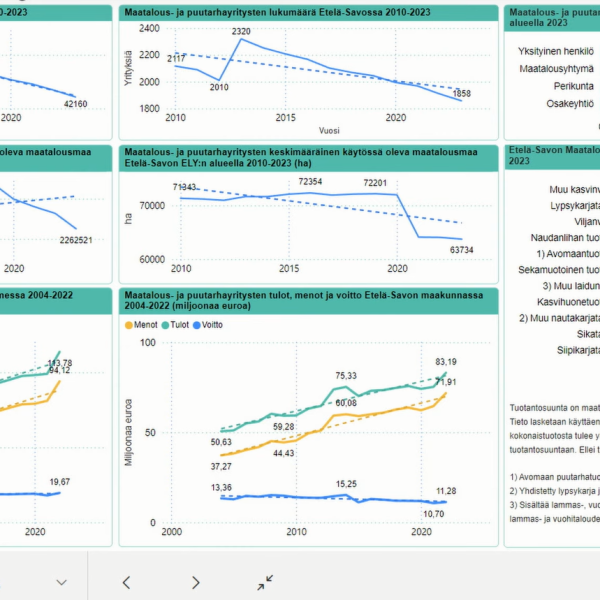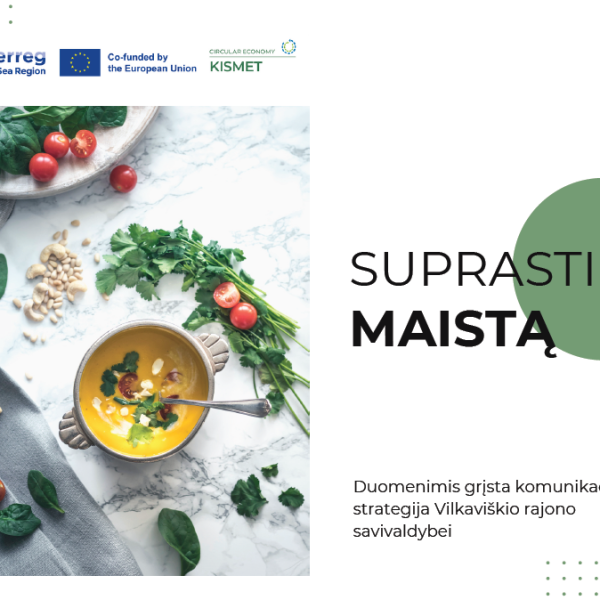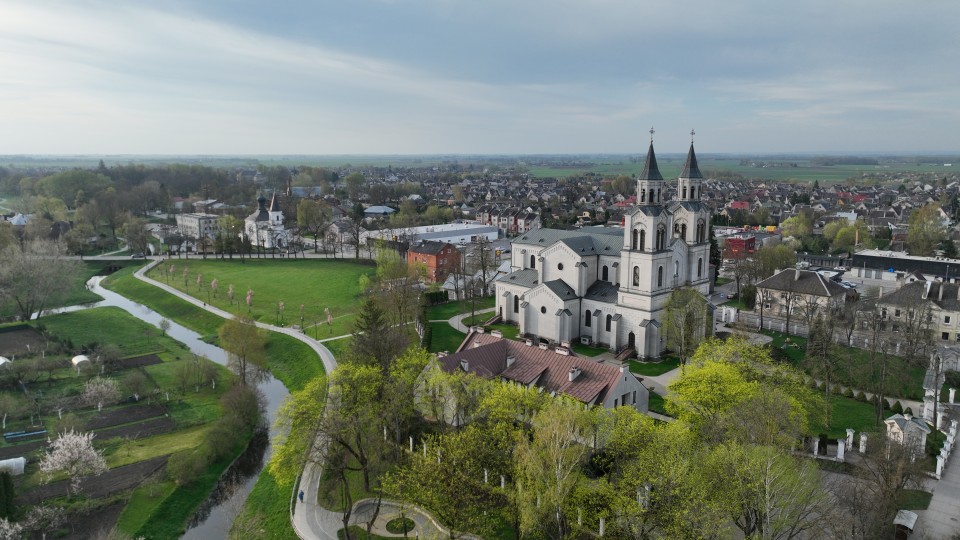Adopting sustainable food practices requires strategic investments and determined political will. However, to inspire action, authorities need compelling evidence. Therefore, the purpose of this concept is to motivate and engage politicians and other decision-makers by providing key data, trends and scenarios to increase investments that support a more sustainable food system.
Moreover, to effectively advocate for these funds, a strategic approach is necessary to create persuasive arguments. This could involve collecting data, visualizing it, and engaging with politicians and decision-makers. For instance, data collection could focus on gathering information from the local food sector and assessing the potential of sustainable food systems. Additionally, visualizing the true cost of food, considering all relevant aspects such as damage from CO2 emissions, health consequences, and loss of biodiversity, could also highlight the urgent need for change.
How to do it
Suggested actions
- Invite stakeholders and end-users to share what content/information is needed.
- Collect and analyse relevant data and statistics on the local food sector, including key numbers and trends related to sustainable food systems.
- Utilise unique facts and numbers from the local food sector to illustrate the benefits and advantages of adopting sustainable food practices.
- Facilitate roundtable discussions, workshops, and conferences involving public authorities, entrepreneurs, academia, and other stakeholders to foster collaboration and knowledge-sharing.
- Create your platform with the information you wish to use.
- Create visualisations illustrating the true costs of food production.
- Highlight the prospects and benefits of implementing sustainable food policies to garner support from decision-makers.
Local adaptations
South Savo, Finland
South Savo aims to inspire and motivate decision-makers regarding the benefits of a sustainable food environment and circular economy. The objective was to develop a food industry databank covering the whole of Finland. Still, it fo-cuses on the South Savo food chain and collects information from primary production to the consumer. The databank aims to serve different target groups. The South Savo Food Cluster already had data from the food sector, and South-Eastern Finland University of Applied Sciences, XAMK, created a platform that automates the compilation of statis-tics.
Vilkaviškis, Lithuania
The Lithuanian Innovation Centre (LIC) aims to support communications by enhancing Vilkaviškis municipality’s food supply strategy and fostering meaningful dialogue with stakeholders. The initiative focuses on leveraging local food sector data, illustrating the advantages of sustainable food practices, showcasing the true costs of dietary choices, and emphasizing the potential benefits of sustainable food policies to engage stakeholders and drive positive changes in the local food system.
Tartu, Estonia
The purpose is to motivate and engage local public authorities, entrepreneurs, academia and other stakeholders in local food such as promoting local food producers, increase the visibility of local food and tackle food waste. In Tartu they will conduct a survey aimed at mapping local food producers in the region and their production volumes, as well as assessing the needs of the educational institutions for local raw materials. They engage decision makers and facili-tate round table discussions to promote the development of sustainable food systems and healthy eating habits; or-ganise food conferences and workshops about local food and food waste to present innovative and sustainable con-cepts for food supply in public institutions.
KISMET Actions & Tools
Communication Plan (LIC, Vilkaviškis)
A comprehensive local communication plan aims to advance the local municipality’s food supply strategy and support productive collaboration with stakeholders. The plan seeks to build the municipality’s capacity to foster sustainable food environments while actively engaging small-scale participants. By utilizing critical data, empha-sizing the real costs of food choices, and showcasing positive solutions, it strives to effectively highlight the bene-fits of sustainable food practices to decision-makers, ensuring lasting impact and practical implementation.
Survey on food producers (Tartu)
The survey includes updated information on food producers in Tartu County, detailing their production volumes (supply-side), along with a separate section assessing the needs of the public sector, particularly educational in-stitutions, for local raw materials (demand-side).
The survey is still on-going and will be finished by February 2025.
Food Industry Databank (South Savo)
The Food Industry Data Bank encompasses all of Finland, with a special focus on the food chain in South Savo. It collects comprehensive information, spanning from primary production to the consumer. Designed to cater to diverse target groups, the data bank serves as a valuable resource for stakeholders across the food sector (XAMK).
Related knowledge
Circular economy development tools and decisions. Situation overview and recommendations for policy makers.
This report presents the assessment of Lithuanian statistical indicators related to the situation of the circular econo-my in the country. The report also presents support measures and solutions found among European countries to pro-mote circular economic development.
Cities 2030
The main goal of the Cities2030 project is to future-proof an effective cities and regions food system (CRFS) via a connected structure centred on the citizen, built on trust, with partners and actors from the entire CRFS ecosystem, from farm to fork. Their Observatory provides statistics, Eu projects insights, scientific literature and policies to explore latest trends and research.
FIT4FOOD2030 Knowledge Hub > Explore and understand the food system
The Knowledge Hub is a growing online repository of tools for transformation developed to facilitate future-proofing Europe’s food systems through research and innovation (R&I). Browse or search through the number of tools and guidelines developed and tested by the FIT4FOOD2030 project’s City Labs, Food Labs, and Policy Labs. The tools and guidelines cover a wide range of purposes including a list of resources that help explore and understand the foodsystem targeted policy makers.
Food Report
The Food Report is considered a pioneering publication in food production, food trade, and gastronomy that offers orientation, inspires, and encourages to break new ground.
Food Strategy for Tartu County (2023-2030)
Tartu county is the only region in Estonia that has adopted a Food Strategy. The main focus of the strategy is to bring together food producers, caterers and consumers in a more efficient way by creating a collaboration platform which provides information on the supply and demand of produce and local food. A broader goal is to promote and increase the consumption of local clean produce, reduce food waste and carbon footprint in the sector.
Lithuanian environmental rating of municipalities
The rating is intended to strengthen the competitiveness and leadership of municipalities in the field of environmental protection and to promote the implementation of the goals of the Green Course. The rating evaluates not only the environmental data of municipalities but also the promotion of environmental awareness in them. The rating is made up of 55 criteria, which are divided into 9 different areas.
Living Planet Report
The Bending the Curve Initiative – that has developed pioneering modelling, providing a ‘proof of concept’ that we can halt, and reverse, terrestrial biodiversity loss from land-use change. And the models are all telling us the same thing: that we still have an opportunity to flatten and reverse the loss of nature if we take urgent and unprecedented conser-vation action and make transformational changes in the way we produce and consume food.
Regionalwert AG
The idea of ‘food sovereignty’ proposes an alternative food system that places power and production back with those who produce the food, instead of leaning towards mass production. Regionalwert AG is a capital management organi-sation tackling this issue and with citizen shareholders investing in their local food and supply chain, small-scale farm-ers are supported. It allocates its citizen shareholder investments equitably across the value chain members and they assist with business set-up and development through their consultancy practices and knowledge of the agricultural sector.
StratKit > Strategies for Change
Empiric support for sustainability activities for public meal providers in Denmark, Estonia, Finland, Germany, Poland, and Russia. It includes tools that provide guidance on how to effectively address the complexity of the environmental, economic, and social impacts of sustainability. “Strategies for change” is the gateway that connects the public meal with the food system and its drive towards increased sustainability.
Rethinking Food and Agriculture 2020-2030
The report is a comprehensive analysis and strategic outlook on the future of the global food and agriculture sector. It presents a framework for understanding and addressing the challenges and opportunities that lie ahead in achieving sustainable and resilient food systems. The report serves as a roadmap for policymakers, businesses, and other stake-holders to navigate the challenges and opportunities in transforming the global food system towards a more sustain-able and resilient future. The report aims to provide a comprehensive and evidence-based assessment of the current state of the global food and agriculture sector and its prospects.
Good Food Institute Europe – Resources for investors and industry
GFI Europe is working to ensure the region seizes the opportunity to create local jobs, tackle climate change, and feed a growing population with homegrown alternative proteins. Available resources include reports on the state of the industry for plant-based food and cultivated meat and seafood.
Smart Protein Consumer Report
This pan-European survey report, carried out by ProVeg in partnership with the University of Copenhagen and Ghent University, as part of the Smart Protein project, offers compelling insights into Europe’s evolving plant-based food sector. It shows the positive trajectory in the acceptance of plant-based foods maintained and interesting shifts across demographics and regions.
EIT FOOD CONSUMER OBSERVATORY – Trust Report 2023
The consumer observatory provides consumer insights and guidance for agrifood stakeholders and offers market trend services to enable informed actions and decision-making. This report combines insights and knowledge collect-ed over these years through in-depth qualitative research and the quantitative food tracker study.
The EIT Food TrustTracker®
It is an annual evidenced-based questionnaire that measures consumer trust in the European food system and is an important first step towards understanding this gap.
Biocode
Biocode has built a platform to manage, improve and communicate the climate impacts of food production. The plat-form provides data-rich online life-cycle assessment (LCA) services enabling food companies to track and improve the climate impacts of their products through the Biocode Impact tool.

